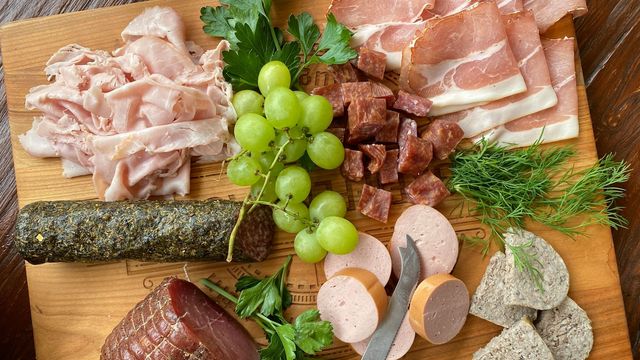Trending News
News

News
Immune Cells in the Liver “Eat Up” Bad Cholesterol
A new study from Karolinska Institutet reveals that immune cells in the liver react to high cholesterol levels and eat up excess cholesterol that can otherwise cause damage to arteries.

News
Thousands of Previously Unknown Bile Acids Discovered
Researchers have uncovered thousands of previously unknown bile acids that the gut microbiome uses to communicate with the rest of the body.

News
New Lateral Flow Test Rapidly Detects Harmful “Forever Chemicals” in Drinking Water
MIT chemists have designed a sensor that detects tiny quantities of perfluoroalkyl and polyfluoroalkyl substances (PFAS) — chemicals found in food packaging, nonstick cookware, and many other consumer products.

News
PFAS in Blood Linked to Increased Risk of Cardiovascular Diseases
Researchers at DZNE provide evidence that traces of the widely used PFAS chemicals in human blood are associated with unfavorable lipid profiles and thus with an increased risk of cardiovascular diseases.

News
Micro- and Nanoplastics in the Body Are Passed On During Cell Division
Micro- and nanoplastic particles remain in cells for much longer than previously thought, and can be passed from cell to cell during division, shows new research.

News
The Science of Stickiness: Researchers Discover Universal Mechanism for How Soft Materials Stick
Adhesive tape or sticky notes are easy to attach to a surface, but are difficult to remove. Now, researchers have discovered that this "adhesion hysteresis" is caused by the rough surfaces of the adherent soft materials.

News
Scientists Manufacture 100% Recycled Viscose for the First Time
Viscose has been manufactured from worn-out cotton sheets, making it fully recycled for the first time, saving valuable forest resources.

News
What Heat Can Tell Us About Battery Chemistry: Using the Peltier Effect To Study Lithium-Ion Cells
New research suggests that observing how heat flows in conjunction with electricity can give important insights into battery chemistry.

News
Self-Healing Cathode Material Could Make Lithium-Sulfur Batteries a Reality
The new cathode material for lithium-sulfur batteries is healable and highly conductive.

News
Using Light to Precisely Control Single-Molecule Devices
In a new study, Columbia Engineering researchers report that they have built highly conductive, tunable single-molecule devices in which the molecule is attached to leads by using direct metal-metal contacts.
Advertisement




